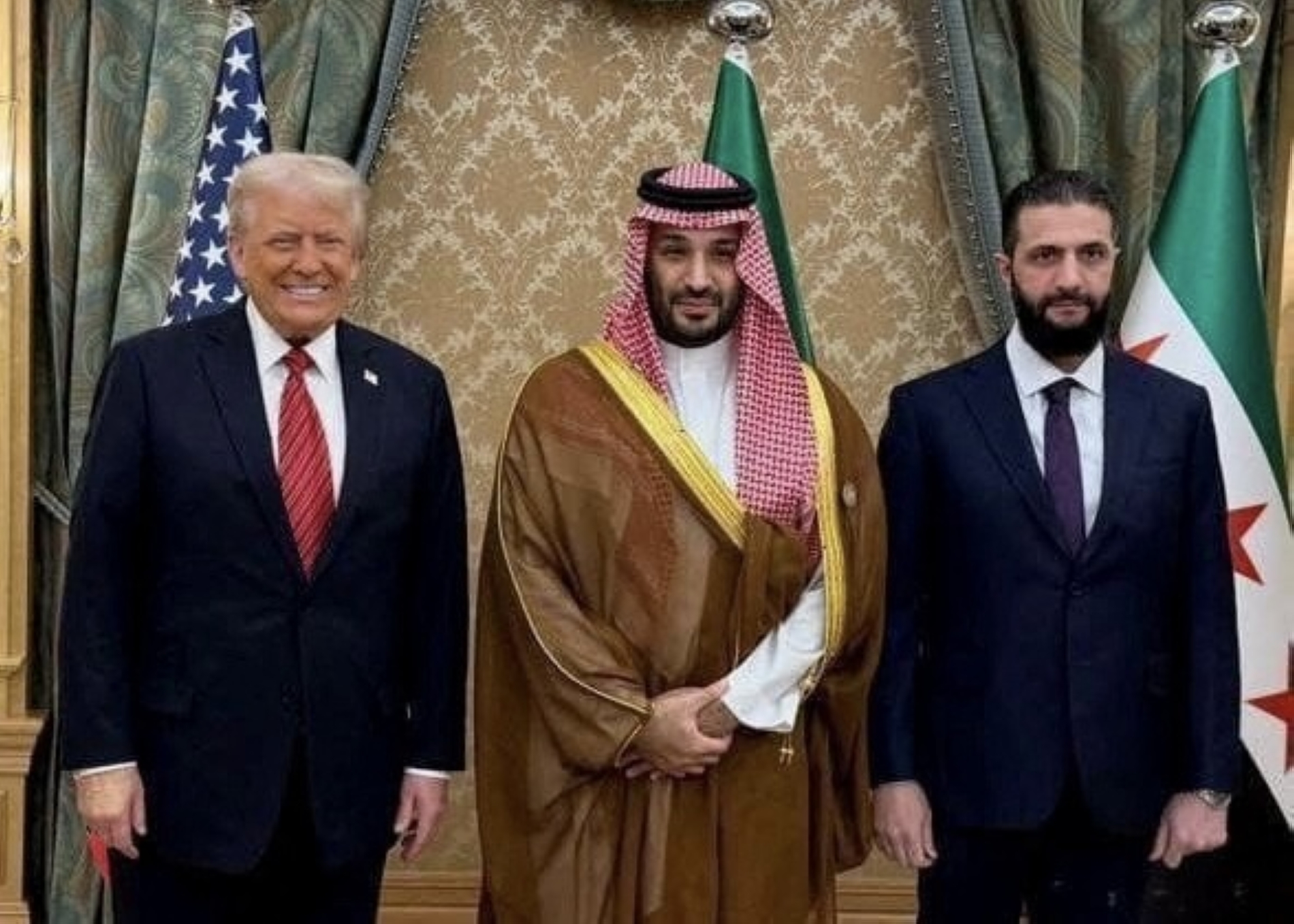US President Donald Trump has Israel on edge these past two weeks. The Israeli government has been blindsided several times. Behind closed doors, quiet but palpable discomfort is growing among Israeli leaders.
The opening salvo came when President Trump announced an unexpected ceasefire with the Iran-backed and Yemen-based Houthis. The announcement came moments after Israel launched a large-scale attack against the Sana’a airport in response to a missile strike by the Houthi against the Ben Gurion airport in Israel. According to multiple reports, Israel had no prior knowledge of the announcement and quickly learned that the ceasefire made no mention of suspending Houthi attacks against Israel, which have continued to this day. Israel was, in effect, left alone to deal with the group.
But this was only the beginning.
As the president headed to the Gulf, he continued to surprise Israel. He met with Syrian President Ahmed al-Sharaa, whom Israel has cast as a danger to its security and a Turkish vassal. But much to Israel's chagrin, Trump once again praised Turkish President Recep Tayyip Erdoğan, and Secretary of State Marco Rubio visited Türkiye during President Trump’s Gulf trip.
More shocking to Israel, other than learning that President Trump found al-Sharaa to be a “very attractive guy”, was his decision to lift sanctions on Syria. There had been no sign— even days before—that the US administration was looking to lift sanctions.

Read more: Why Trump decided to lift sanctions on Syria
For its part, the Israeli government felt that the sanctions were an important leverage that should be kept rather than given away. Instead, Trump appears to be pushing for normalisation between Israel and Syria. While this could prove to be extremely beneficial for all and a long-term achievement, the current Israeli government never hinted that it was interested in expanding the Abraham Accords to Syria.
Ahead of the visit to Qatar, Israelis also grew worried about Doha’s ability to sway the US President. Mentions of a Qatari gift in the form of a luxury plane (which Trump said “only a fool would not accept”) had Israelis worried that the Qataris had found a way back to the heart of the Trump administration.
This came at a sensitive time with regard to the conflict in Gaza. In another surprising turn of events, the US administration managed to pressure Hamas to release Edan Alexander, a US-Israeli citizen, at a time when talks on resolving the conflict and freeing the remaining hostages appear at a dead end. It became clear, once again, that the US Administration had bypassed Israel and held talks with Hamas, convincing the group that a “goodwill gesture” was necessary ahead of the visit.
Here, an important distinction needs to be made: while the deal blindsided the Israeli government and highlighted a growing gap in interests, it was celebrated by most Israelis. At regular protests demanding a ceasefire agreement, slogans casting Trump as a better representative of Israel than Netanyahu began to appear. This cements a prior trend that has seen the Israeli protest movement and families of hostages increasingly turn to the US president, in the hope that he can deliver on a deal that most Israelis want.

Israel snubbed?
The series of visible crises between Israel and the US, and the fact that Trump did not visit Israel, have fuelled speculations that a personal dispute exists between Trump and Netanyahu. After all, the two both have a very "personal" style of diplomacy that puts an emphasis on personal chemistry as opposed to actual policy content, or at least portrays the relationship as such.
The truth is perhaps more nuanced. First, the portrayal of the Trump-Netanyahu relationship as some sort of a deep personal bond ignores the many signs that they don't necessarily like each other, though they certainly pretend that they do.
Read more: Netanyahu favours Trump, but he could come to regret it
Second, this misses the point of what motivates Trump and the kind of president he is. His approach to foreign policy focuses less on traditional geopolitical interests, dynamics and alliances, and more on opportunities for bilateral "wins", with a huge emphasis on splashy titles, be it "deals" or buy-ins into the US economy.
Fundamentally, President Trump is purely agnostic on many issues that most foreign affairs specialists consider to be defining for the long term. The president will talk to anybody—the Houthis, the Taliban, Hamas, Iran, Russia—if a bottom line can be found. He is after "wins" and "deals", whatever they are. There are no taboos, no foundational beliefs, no founding principles that will go untested.
With this in mind, the main problem Netanyahu and Trump have isn't so much that they've suddenly fallen out of love with each other, as the romance was largely for TV purposes, but that Netanyahu simply can't deliver "wins and deals".












